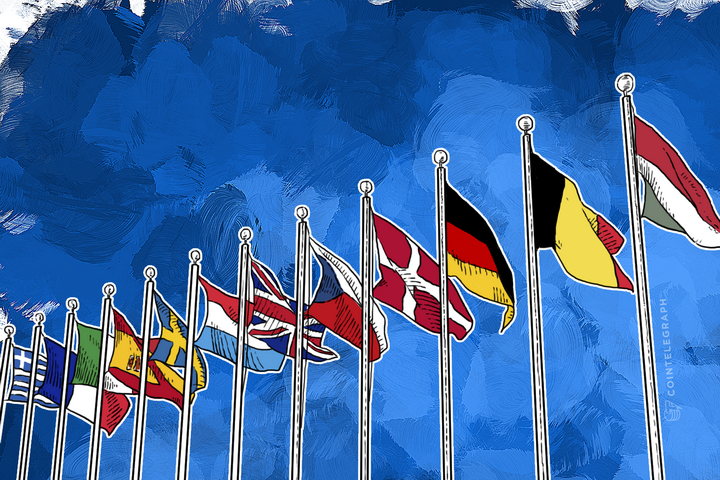Finance ministers from more than 50 countries recently signed the Multilateral Competent Authority Agreement, with another 30 countries pledging to sign the agreement by 2018.
The agreement, signed in Berlin, is an effort to end what the US Bank Secrecy Act, which they called “obsolete.” The ministers met for two days in a summit arranged by the Organization for Economic Cooperation and Development (OECD) and the Global Forum on Transparency and Exchange of Information for Tax Purposes and was hosted by German Finance Minister, Wolfgang Schaeuble.
The “Bank Secrecy Act” (Currency and Foreign Transactions Reporting Act) was created by the US Congress in 1970 and was originally designed to force banks and financial institutions to assist government agencies in tracking money laundering activities and tax evasion.
In general, the act required these businesses to keep records of and report purchases of negotiable instruments of more than US$10,000. The problem with this Act is that it was designed for a non-digital world of treasury notes, checks and currency according to Schaeuble. Schaeuble said in an interview on Wednesday.
"Banking secrecy, in its old form, is obsolete, and is no longer appropriate at a time when people can transfer their money all over the world at the press of a button via the internet”.
It should come as no surprise that Germany should be leading this type of changes. The European nation is bordered on two sides by countries with tight-lipped financial regulations: To the south likes Switzerland and Austrian and on its northern border is Luxembourg.
Germany’s lead was followed by other counties with private banking laws such as the Cayman Islands, Liechtenstein and the Virgin Islands. Austrian and Switzerland, along with the Bahamas did not sign however, but did pledge to do so by 2018.

Tax havens present a severe problem for governments because this money not only disappears from tax revenues but it also disappears from national economies because citizens and corporations are forced to hide their assets. It is estimated that there is almost 6 trillion euro hidden away in these “secret” accounts, which alone costs governments nearly 150 billion euro per year in lost tax revenues.
The US has tried to deal with this problem by passing the Foreign Account Tax Compliance Act (FATCA) in 2010 (it was not enacted into law until July, 1, 2014), but US politics only allowed the law to apply to individuals, not corporations, which are responsible for the largest part of that hidden money.
An example of this can be found in a statement made to RT by Brian Bagdasarian, a former trader and asset manager:
“A US citizen has to declare anything over US$50,000 held outside the US. At the same time Google paid 1/16 of one percent on US$37 billion last year in taxes. It doesn’t seem to make sense.”
But what could this mean to a blossoming Bitcoin economy? There is a very good possibility that tax evaders currently hiding out in countries like the Cayman Islands might look for new ways to stash their assets from tax authorities. There is also the question of regulations that require reporting before an exchange can be registered.
Thus, a unified global system of tax reporting could very well drive all of this money directly into various cryptocurrencies such as Bitcoin or other counterparts offering greater anonymity such as Darkcoin etc.
Did you enjoy this article? You may also be interested in reading these ones:


